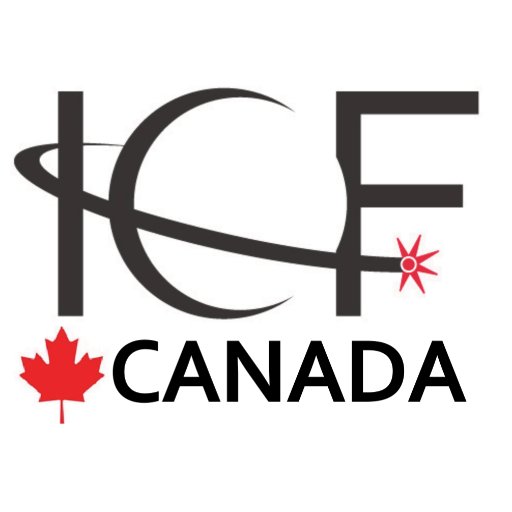
Every Intelligent Community is a Smart City, but…
The Intelligent Community Forum (ICF) is the original smart cities organization formed in the late 1980’s and early 1990’s – initially as the Canadian Smart Cities Institute (CSCI), which worked with the World Teleport Association to organize SMART95, the first smart city conference, held in Toronto in September 1995. The CSCI evolved into the Intelligent Community Forum as a global, but New York City-based non-profit think tank, when it moved from Canada to NYC in the late 1990’s. So, yes, we have been around for a considerable time.
We originally called it “smart cities” since the mid 1990’s and continue to have a designation when we identify and recognize cities as SMART21 communities, 21 of the best smart cities every year from around the world. This usually takes place every year around October 21. From these, 7 Intelligent Communities are identified for benchmarking purposes, called the TOP7, every January. With an annual theme, we change the focus slightly and as a result we select a model example from the TOP7 annually to represent the “Intelligent Community of the Year” that we point to as the best benchmarked community based on our criteria. This takes place every June at the ICF Summit. This year the ICF Summit is taking place in Columbus, Ohio, the 2016 Intelligent Community of the Year.
We worked with many vendors over the years to better understand the technological but also socio-economic aspects of cities. But they struggled with the concept; they explained that they needed to figure out how to monetize their focus on cities. So they figured out how to commercialize their efforts in this sector and took on such names as “SMART + Connected” (Cisco) or “Smarter Planet” cities (IBM), among others, and began generically promoting “smart cities” with the focus on dealing with their specific technologies, such as routers and technology that focused on data generation and analytics.
This, of course, created a wonderful and now extremely popular notion that the “smart city concept” will be the sustainable and cost-effective solution to all our urban problems. Government leadership and creative technology vendors are cooperating to drive advancement in municipal asset management, traffic control and water and air pollution data monitoring. We don’t disagree and applaud the vendor community for bringing the latest version of the smart city idea to the attention of the world’s cities, but we simply feel that the smart city concept doesn’t go far enough.
There have been many definitions of smart cities over the past several years. As a result, we say that smart cities are technology-focused, based on developing high speed broadband deployment and its applications as well as measuring urban activities, weather patterns and the environment, generating extensive data and undertaking extensive evidence based data analytics, creating cities that are more efficient and cost effective. Essentially smart city efforts are to make cities work better.
ICF takes it to another level. We refer to these unique cities as being more holistic and looking at their communities from a 360-degree perspective. ICF is a social enterprise that focuses on people. Consequently, Intelligent Community efforts focus on creating better cities for people to live, work and play in. We include all forms of infrastructure and data analytics, but then focus on knowledge creation; talent attraction and retention; digital inclusion for all people (no matter what their age, type and location); creating a collaborative innovation ecosystem; developing a focus on sustainability (environmental, economic and social); good governance, including seeking the best in public policy for its citizens, global marketing to attract investment and talent; and citizen participation in the community’s planning and development. We also work with communities to develop its leadership and collaboration capacities, as well as its security and safety concerns. The Intelligent Community focus also looks at creating smart planning and urban design decisions about the physical form and layout of the community in response to major disruptions underway because of technology and new ways of doing things. The physical realm is very important, especially places where people travel and congregate in communities. Creating complete streets that accommodate more than just cars and transit, including spaces for people to walk, cycle, browse and relax; while other areas, such as urban squares, parks and spaces designed as unique urban designed environments are developed to celebrate and be inspired in. Considering culture and the heritage of the community and ways in which technology can enable the community to create the best ecosystems possible, are very complex considerations indeed.
So, although I have just scratched the surface, you can appreciate that there is much more to a community than being a smart city. Besides, today there are literally thousands of cities around the world that have taken on the smart city label in an effort to attract and retain investment and talent. But when every other city claims that it’s a smart city, there is little, if any, differentiation from an economic development and attraction perspective. ICF has only recognized 145 unique towns, cities and regions around the world that it has identified as meeting its criteria as an Intelligent Community. That is a special and unique value proposition that a relatively small number of global cities can claim.
If you come to the ICF Summit in Columbus, Ohio from June 13-16, you will be able to meet the Top 7 Intelligent Communities for 2016. They represent communities from North America, Europe and Asia-Pacific that span the spectrum from large to small and rural communities that are able to be differentiated from their peers around the world. Companies and talented individuals will want to investigate each of them when considering where to locate, expand or study in. These communities also tend to be inviting, eager to showcase their uniqueness, as well as tend to be collaborative. Don’t be disappointed, register today and meet them at the Columbus ICF Summit.
